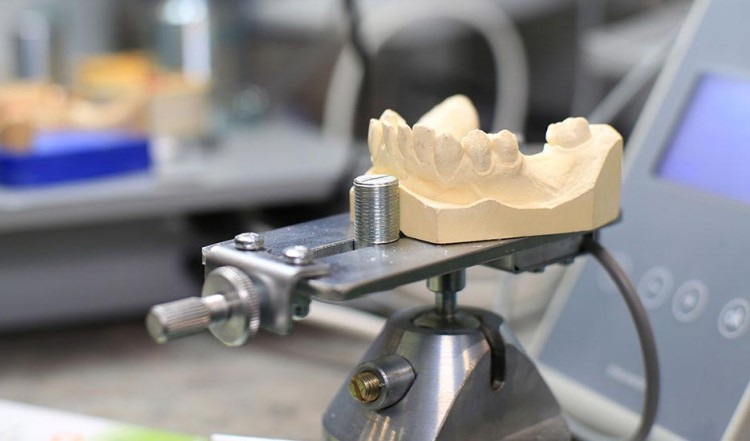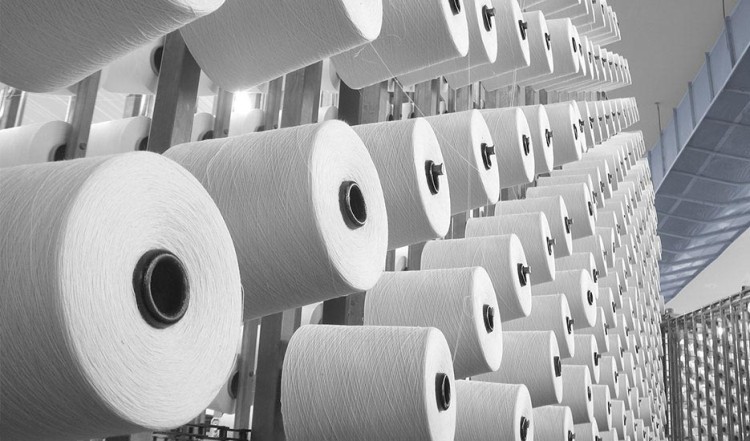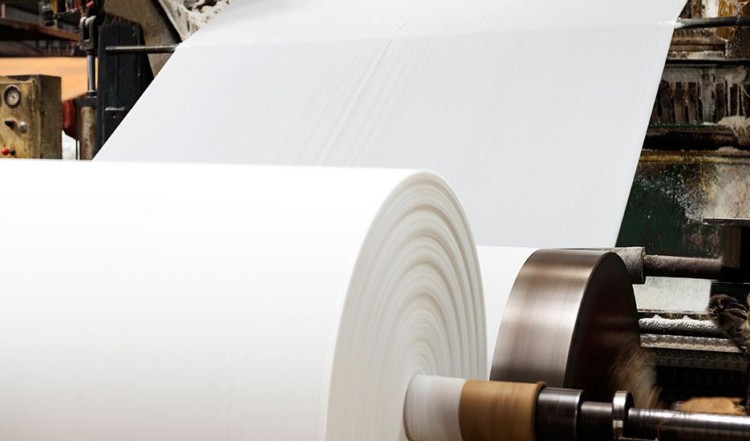The seal of fine textile fibres is a challenge for any sealing system. Fibres and micro-fibres have the tendency to cling to the gap of a lip seal. As a result, friction and wear are increasing with use. With time, the fibres are making their way to the bearings. In applications like this, pre-greased GMN labyrinth seals made of plastic are providing an established, proven alternative.
Examples in the textile industry are: carding engines, spinning machines, coiling machines, mechanical looms, knitting machines, cutting machines, etc. Similar applications can be found in the paper industry. Pre-greased GMN labyrinth seals made of plastic are providing high efficiency sealing alternatives against fine paper dust.

A fine dust is created when grinding braces and “false teeth” – which is bad news for the bearings on the grinding spindles. Non-contact seals in S design can be equipped with a grease film and therefore offer effective protection from fine dust.
Everyone is familiar with spinning wheels from the fairy tale “Sleeping Beauty” – today, this task is carried out by modern carding machines. The interior of the machine contains the finest natural wool fibers. The roller bearings of the carding machines are protected effectively with pre-lubricated non-contact seals in S design.


In the paper industry, ultra-fine paper dust is created during separation in particular (cutting, trimming etc.) and places high demands on the bearing seal. For example, the paper dust mixes with lubricant, causing increased wear and impairing the smooth running of the drive rollers.
Lubricated labyrinth seals made from plastic bind the paper dust in the grease pad of the seal, thereby offering effective protection.